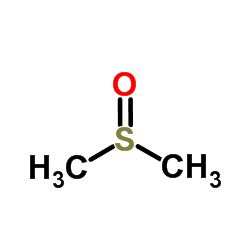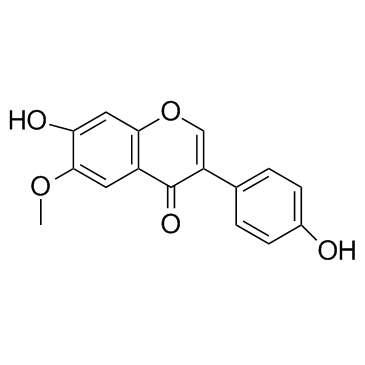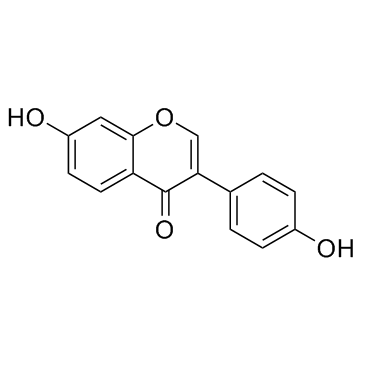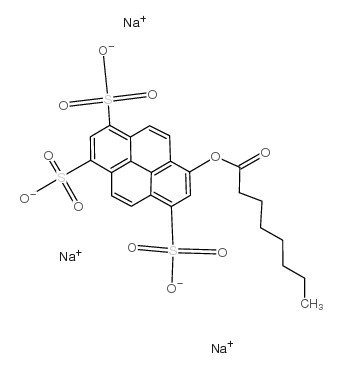| Structure | Name/CAS No. | Articles |
|---|---|---|
 |
Dimethyl sulfoxide
CAS:67-68-5 |
|
 |
Genistein
CAS:446-72-0 |
|
 |
Glycitein
CAS:40957-83-3 |
|
 |
Daidzein
CAS:486-66-8 |
|
 |
8-Octanoyloxypyrene-1,3,6-trisulfonic acid trisodium salt
CAS:115787-84-3 |